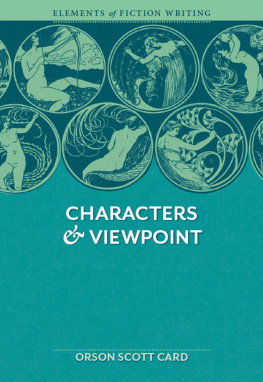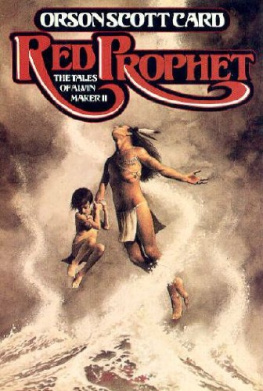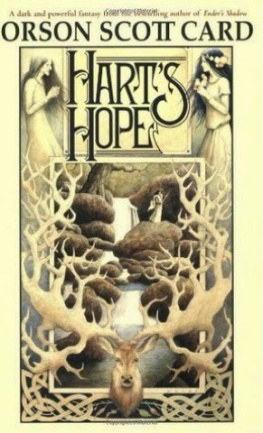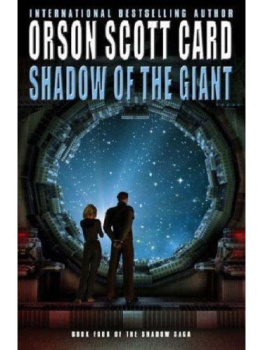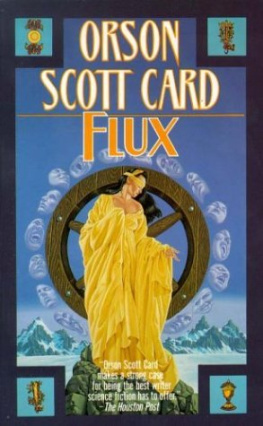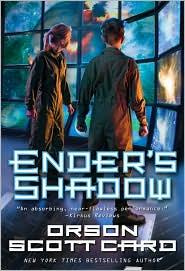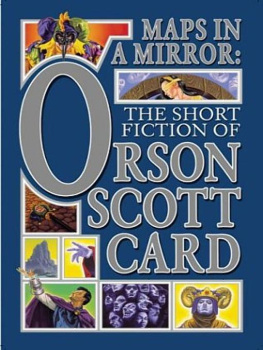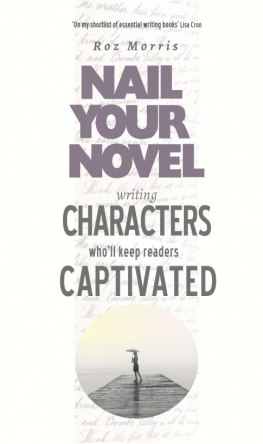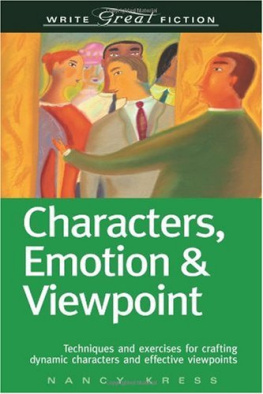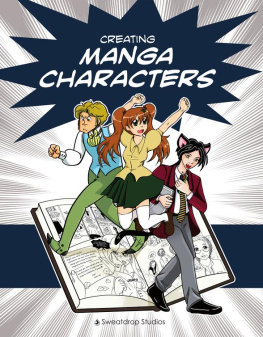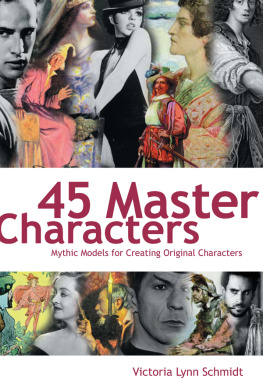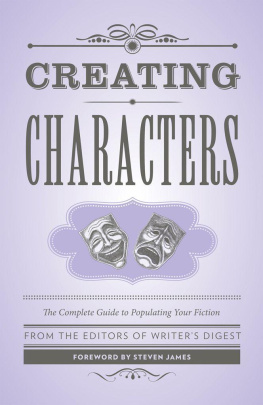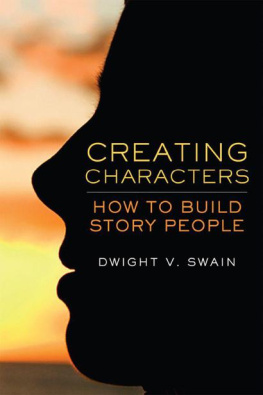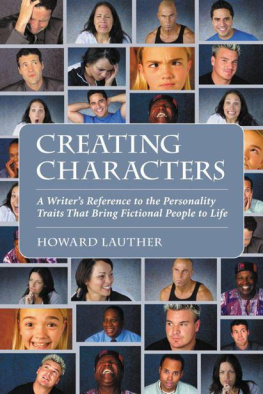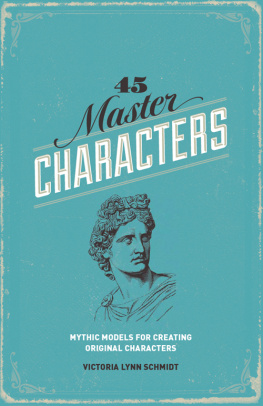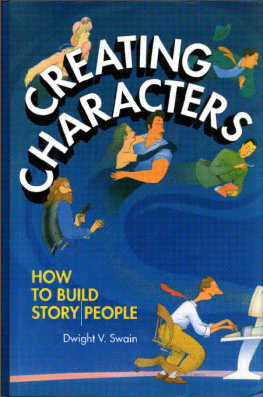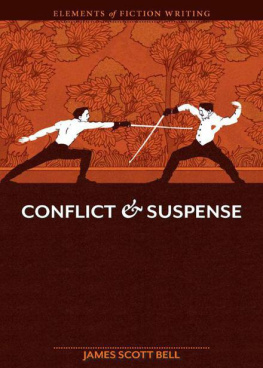ELEMENTS of FICTION WRITING
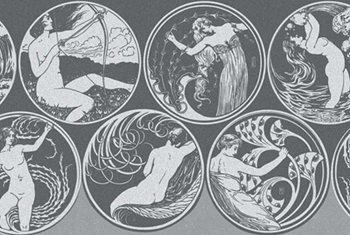
CHARACTERS
& VIEWPOINT

ORSON SCOTT CARD
CHARACTERS & VIEWPOINT. Copyright 2010 by Orson Scott Card. Manufactured in the United States of America. All rights reserved. No other part of this book may be reproduced in any form or by any electronic or mechanical means including information storage and retrieval systems without permission in writing from the publisher, except by a reviewer, who may quote brief passages in a review. Published by Writers Digest Books, an imprint of F+W Media, Inc., 4700 East Galbraith Road, Cincinnati, Ohio 45236. (800) 289-0963. Revised edition.
For more resources for writers, visit www.writersdigest.com/books.
To receive a free weekly e-mail newsletter delivering tips and updates about writing and about Writers Digest products, register directly at http://newsletters.fwpublications.com.
14 13 12 11 10 5 4 3 2 1
Distributed in Canada by Fraser Direct
100 Armstrong Avenue
Georgetown, Ontario, Canada L7G 5S4
Tel: (905) 877-4411
Distributed in the U.K. and Europe by F+W Media International
Brunel House, Newton Abbot, Devon, TQ12 4PU, England
Tel: (+44) 1626-323200, Fax: (+44) 1626-323319
E-mail: postmaster@davidandcharles.co.uk
Distributed in Australia by Capricorn Link
P.O. Box 704, Windsor, NSW 2756 Australia
Tel: (02) 4577-3555
Library of Congress Cataloging-in-Publication Data
Card, Orson Scott.
Characters and viewpoint / by Orson Scott Card. Rev. ed.
p. cm.
Includes index.
ISBN 978-1-59963-212-4
eISBN 13: 978-1-5996-3269-8
1. Fiction Technique. 2. Characters and characteristics in literature. 3. Point of view (Literature) 4. Creative writing. I. Title.
PN3383.C4C37 2010
808.3 dc22
2010040951

Edited by: Nancy Dibble and Scott Francis
Designed by: Claudean Wheeler
Illustrations Dover Pictura/Art Nouveau
Production coordinated by: Debbie Thomas
DEDICATION
To Gert Fram, alias Nancy Allen Black: You never had any trouble finding an attitude or point of view, and as for inventiveness, you wrote the book.
ACKNOWLEDGMENTS
I owe thanks to the editors at Writers Digest and Writers Digest Books, especially:
Thanks to Bill Brohaugh, who accepted my proposal for a brief article on using the implied past to help in characterization and then accepted what I actually turned in, an article on making characters memorable that was so long it had to run in three issues of the magazine.
Thanks to Nancy Dibble, who as my editor on this book was both patient and helpful, far beyond what could fairly have been expected.
Thanks to all those who delayed the launch of a major and important publishing project while waiting for Card to get his act together.
And to those outside Cincinnati who helped, namely:
Thanks to my good friends Clark and Kathy Kidd for putting me up and putting up with me for two weeks as I finished the final draft of this book.
Thanks to the students in my writing class at the Center for Creative Arts in Greensboro, North Carolina, who forgave me or kindly pretended to forgive me for canceling two classes so I could finish this book.
Thanks to all the other writing students who have been the victims of my developing understanding of fiction; I learned from their successes and failures as much as I learned from my own.
In particular, I thank my teachers: Franois Camoin of the english department at the University of Utah; Clinton F. Larson and Richard Cracroft of the english department and Charles W. Whitman of the theatre department at Brigham Young University; Ida Huber at Mesa High School in Mesa, Arizona; and Fran Schroeder at d6e4756-13Millikin Elementary in Santa Clara, California.
Thanks to my sister Janice for her help with art and copying.
And, above all, thanks to my wife, Kristine, for making all my work possible and all my life joyful.
CONTENTS
BONUS ONLINE CONTENT!
To read an exlusive interview with Orson Scott Card visit writersdigest.com/article/card-interview.
INTRODUCTION
W riting fiction is a solitary art.
When an orchestra performs a symphony, its a shared effort. Not only are there many musicians playing their instruments, theres also a conductor helping them sound good together. Yet before any of them plays a note, a composer has to write the musical score.
Theres even more teamwork with a play or movie. Lots of actors, of course; a director to guide, suggest, decide for the group; designers of sets, costumes, lighting, and sound; technicians to carry out those designs. In film, add the vital work of the cinematographer, camera operators, and editors.
But before any of this work can be done, a writer has to put together a script.
Script or score, those group performances existed because somebody had a plan. Somebody composed the music before ever a note was heard; somebody composed the story before ever an actor spoke a word. Composition first, then performance.
We who write fiction have no team of actors or musicians to do our bidding, so its easy to forget that our work, too, has a composition stage and a performance stage. We are both composer and performer. Or rather, we are both storyteller and writer.
The actual writing of the story, along with the creation of the text, the choice of words, the dialogue, the style, the tone, the point of view that is the performance, that is the part of our work that earns us the title writer.
The invention of the characters and situations and events, along with the construction of plot and scene, the ordering of events, the complications and twists, the setting and historical background that is the composition, the part of our work that earns us the title storyteller.
There is no clear separation of our two roles. As we invent and construct our fiction, we will often do it with language we jot down notes, tell scenes to our friends, write detailed outlines or synopses. And as we are performing our stories, writing them out in our most effective prose, we also invent new details or motivations, discover new relationships among characters, and we revise the construction of the story in order to make a scene work better, by adding a new fillip of suspense or horror or sentiment, or presenting a startling new idea that only just now came to us.
There is no right way to arrange the two roles of storyteller and writer. I often work for years on a story, inventing, outlining, mapping, constructing, before I feel that Im ready to write it down. Writer Larry Niven tells his stories aloud to his friends, letting each tale grow and take shape with a live audience to help guide him. I know other writers who can compose only while performing, like an actor improvising a monologue they have to be writing the story in order to bring ideas to mind, discovering and shaping the characters and plot as they go along.
Regardless of how you mingle the roles of storyteller and writer, though, you must do both jobs well. If you dont invent and construct well, then all your beautiful prose will be no more effective than a singer vocalizing or a clarinetist warming up very pretty technique, perhaps, but music it aint. And if you dont write well, readers will be hard put to discover the wonderful story you want to tell just as bad acting can ruin a good script, or out-of-tune, clumsy, underrehearsed musicians can make Mozart sound like a mess.
Next page
